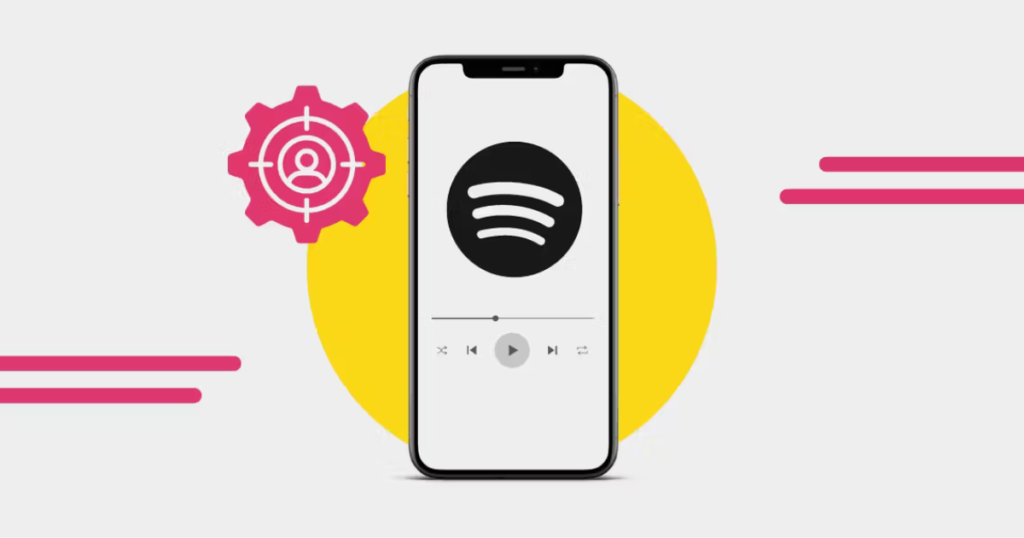Music Therapy For Mental Health has a profound impact on human emotions, and its therapeutic effects have been recognized for centuries. In recent years, music therapy has emerged as a powerful tool for improving mental health, particularly in reducing stress and anxiety. Whether through listening, playing, or creating music, this therapy offers a holistic approach to emotional well-being.
In this article, we will explore how music therapy works, the science behind its effectiveness, and the various ways it can help alleviate stress and anxiety.
What is Music Therapy For Mental Health?
Music therapy is a clinical and evidence-based practice that uses music interventions to accomplish individualized therapeutic goals. It is facilitated by a trained music therapist who tailors sessions to suit the needs of individuals or groups.
Types of Music Therapy
- Active Music Therapy – Involves creating, singing, or playing musical instruments.
- Receptive Music Therapy – Involves listening to music to achieve relaxation and emotional balance.
- Guided Imagery and Music (GIM) – Uses music to guide individuals through imagery and visualization to process emotions.
- Neurologic Music Therapy (NMT) – Targets cognitive, sensory, and motor functions using rhythm and sound.
How Music Therapy Reduces Stress and Anxiety
1. Regulates the Nervous System

Music therapy helps regulate the autonomic nervous system, which controls involuntary functions like heart rate and breathing. Soothing music slows the heart rate and activates the parasympathetic nervous system, reducing stress responses.
2. Releases Dopamine and Endorphins
Engaging with music stimulates the release of dopamine and endorphins, which are neurotransmitters associated with pleasure and relaxation. These chemicals help in reducing anxiety and elevating mood.
3. Lowers Cortisol Levels
Cortisol, the body’s primary stress hormone, is responsible for the fight-or-flight response. Studies have shown that listening to calming music can lower cortisol levels, reducing stress and anxiety.
4. Enhances Emotional Expression and Processing
Music therapy provides a safe outlet for emotional expression. Playing an instrument, singing, or even writing lyrics helps individuals process and release pent-up emotions, reducing anxiety.
5. Encourages Mindfulness and Relaxation
Music therapy promotes mindfulness by bringing individuals into the present moment. Slow, rhythmic music can be used in meditation and deep breathing exercises, which further enhances relaxation and stress relief.
Scientific Evidence Supporting Music Therapy
Numerous studies have demonstrated the effectiveness of music therapy in reducing stress and anxiety:
- A 2013 study published in the Journal of Positive Psychology found that listening to music improves mood and reduces stress levels.
- A 2017 study in Frontiers in Psychology showed that participants who engaged in active music therapy sessions reported a significant decrease in anxiety and depressive symptoms.
- Research from the American Music Therapy Association (AMTA) suggests that music therapy can help individuals with PTSD, depression, and generalized anxiety disorder (GAD).
Best Types of Music for Stress and Anxiety Relief
Not all music has the same calming effect. Here are some of the best genres and types of music for relaxation:
1. Classical Music
- Slows down heart rate and reduces blood pressure.
- Enhances cognitive function and relaxation.
2. Nature Sounds and Ambient Music
- Mimics the sounds of nature, such as rainfall or ocean waves.
- Creates a peaceful environment that reduces anxiety.
3. Binaural Beats and Solfeggio Frequencies
- Uses sound frequencies to synchronize brain waves.
- Promotes deep relaxation and mental clarity.
4. Soft Jazz and Acoustic Instrumentals
- Reduces tension and encourages a state of calm.
- Ideal for background music during relaxation exercises.
5. Personalized Playlists

- Songs that evoke positive memories can be used for emotional grounding.
- Creating a playlist with uplifting songs enhances mood regulation.
How to Incorporate Music Therapy into Daily Life
1. Start Your Day with Uplifting Music
Listening to positive, energetic music in the morning can set a positive tone for the day and reduce morning anxiety.
2. Practice Deep Breathing with Music
Pair slow-paced music with deep breathing exercises to enhance relaxation and reduce stress.
3. Use Music for Meditation and Yoga
Calming music during meditation or yoga improves focus and reduces mental chatter.
4. Play an Instrument or Sing
Engaging in active music-making provides an emotional release and increases mind-body coordination.
5. Wind Down with Relaxing Music Before Bed
Soft, instrumental music before bedtime promotes better sleep quality, reducing stress and nighttime anxiety.
Music Therapy for Different Mental Health Conditions
1. Anxiety Disorders
Music therapy is particularly effective in treating generalized anxiety disorder (GAD), social anxiety, and panic disorders by promoting relaxation and emotional regulation.
2. Depression
Listening to uplifting music can boost serotonin levels, helping to improve mood and motivation.
3. Post-Traumatic Stress Disorder (PTSD)
For PTSD patients, structured music therapy can help process traumatic memories and reduce symptoms like hyperarousal and flashbacks.
4. Insomnia and Sleep Disorders
Music therapy helps regulate sleep patterns and improve the quality of rest, reducing anxiety-related sleep disturbances.
5. Stress-Related Disorders
Music provides an escape from stressful situations and acts as a coping mechanism for chronic stress conditions.
Also Read: How To Get Into A Top Music University?
Conclusion
Music therapy is a powerful, natural remedy for stress and anxiety. Whether through listening, playing, or creating music, individuals can harness its therapeutic benefits to improve emotional well-being. The science behind music therapy confirms its effectiveness in reducing cortisol levels, boosting dopamine production, and promoting relaxation.
By integrating music therapy into daily life—through mindfulness exercises, relaxation techniques, and personalized playlists—you can experience reduced stress levels and a more balanced mental state. With its accessibility and holistic approach, music therapy remains one of the most effective ways to enhance mental health.
FAQs
1. How long does it take for music therapy to work?
The effects of music therapy can be felt immediately, but consistent practice over weeks or months leads to long-term benefits.
2. Can any type of music be used for therapy?
Not all music is equally effective. Slow, instrumental, and classical music are best for relaxation, while energetic music may help uplift mood.
3. Can music therapy replace traditional therapy for anxiety?
Music therapy is a complementary treatment, not a replacement. It works best when combined with other therapies like CBT (Cognitive Behavioral Therapy) and mindfulness practices.
4. How often should I use music therapy for stress relief?
Incorporating music therapy daily for at least 20-30 minutes can significantly reduce stress and anxiety over time.
5. Do I need a professional music therapist to benefit from music therapy?
While working with a certified music therapist can provide structured sessions, you can still experience benefits by incorporating music-based relaxation techniques into your daily routine.




